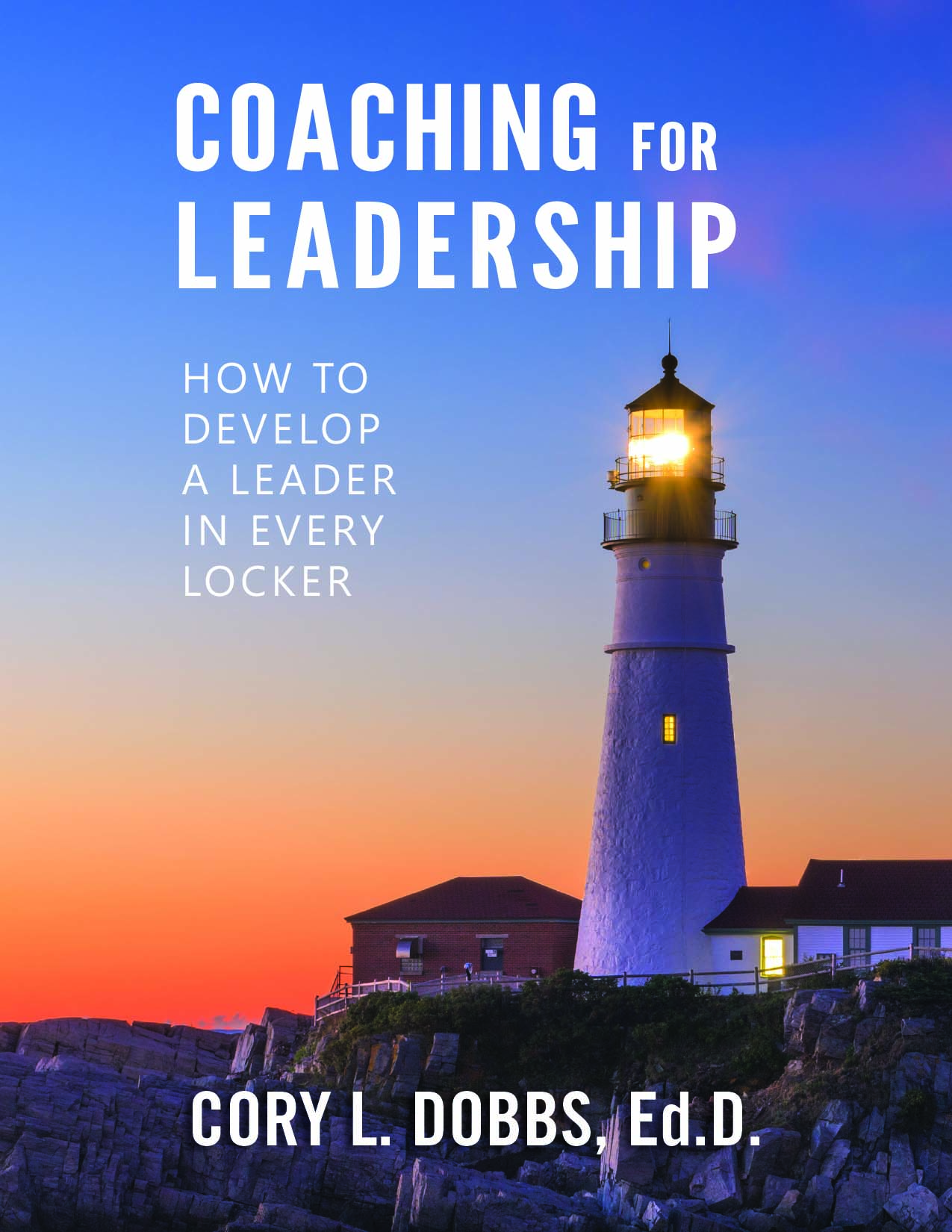
These two articles on self-reflection and leadership were submitted by Dr. Cory Dobbs of The Academy for Sport Leadership.
The Invisible Barrier to Learning: Question Your Assumptions
What if we—you, me, and the next guy—really understood how little we know. Oh, we might have some subject matter expertise. But that only counts for a small sliver of life. Yet I consistently find that people, either because of a predisposition to self-protection (preservation) or self-promotion (preference) are slow to learn that it’s okay not to know everything.
In meeting after meeting I’ve noticed a favored declaration by the participants is “I already know that.” This message is often communicated explicitly by uttering the words, but more often the “I already know that” takes shape in nodding of the head back and forth designed to communicate this “fact”.
Why is it so worrisome to hear those words? Well, it suggests that the individual believes that their state of knowledge on that topic or subject is settled and complete. Therefore, they might not be open to learning new things, to questioning their assumptions, or considering the fact that they just might be wrong. Yet if you ask the head nodder if they are open-minded, you’ll get a continuation of the forward-backward nod to signify “of course I’m open to learning.”
The truth is this habit is hard to break. However, the curious mind is often found in the beginner, the one that is eager to learn about how things work. It’s often said that in the beginners mind there are many possibilities, in the expert there are few. Once you know this you can enter meetings with the mind of a beginner. New ideas, thoughts, or insights emerge not by chance, but by embracing and studying the challenges we encounter each and every day. You can begin learning at a deeper level by getting rid of the words “I already know that.”
Article #2: Mindset: Are You Satisficing or Maximizing?
The knowledge monopoly on “X” and “O’s” has been shattered. New coaching web sites pop up every day offering to you, the coach, all you need to master the technical and tactical parts of coaching your sport. And that’s great; tools for new coaches to get up to speed and veteran’s to quickly learn a new wrinkle.
But what about leadership development for you and your student-athletes?
In general, my research reveals two mindsets when it comes to leadership development; the maximizing mindset (searching for something that is “best”) vs. the satisficing mindset (searching for something that is “good enough”). Leadership is about relationships, it’s about expectations, preferences and an over-arching ideology. Great coaches don’t take leadership lightly. They deliberately develop team leaders and simultaneously grow themselves as leaders.
“Tell me and I’ll forget. Show me and I may remember. Involve me and I will care.” -Your Student-Athlete The world of coaching is changing. In Coaching for Leadership you’ll discover the foundations for designing, building, and sustaining a leadership focused culture for building a high-performance team. To find out more about and order Sport Leadership Books authored by Dr. Dobbs including Coaching for Leadership, click this link: The Academy for Sport Leadership Books







